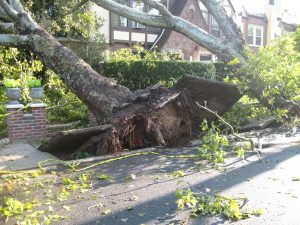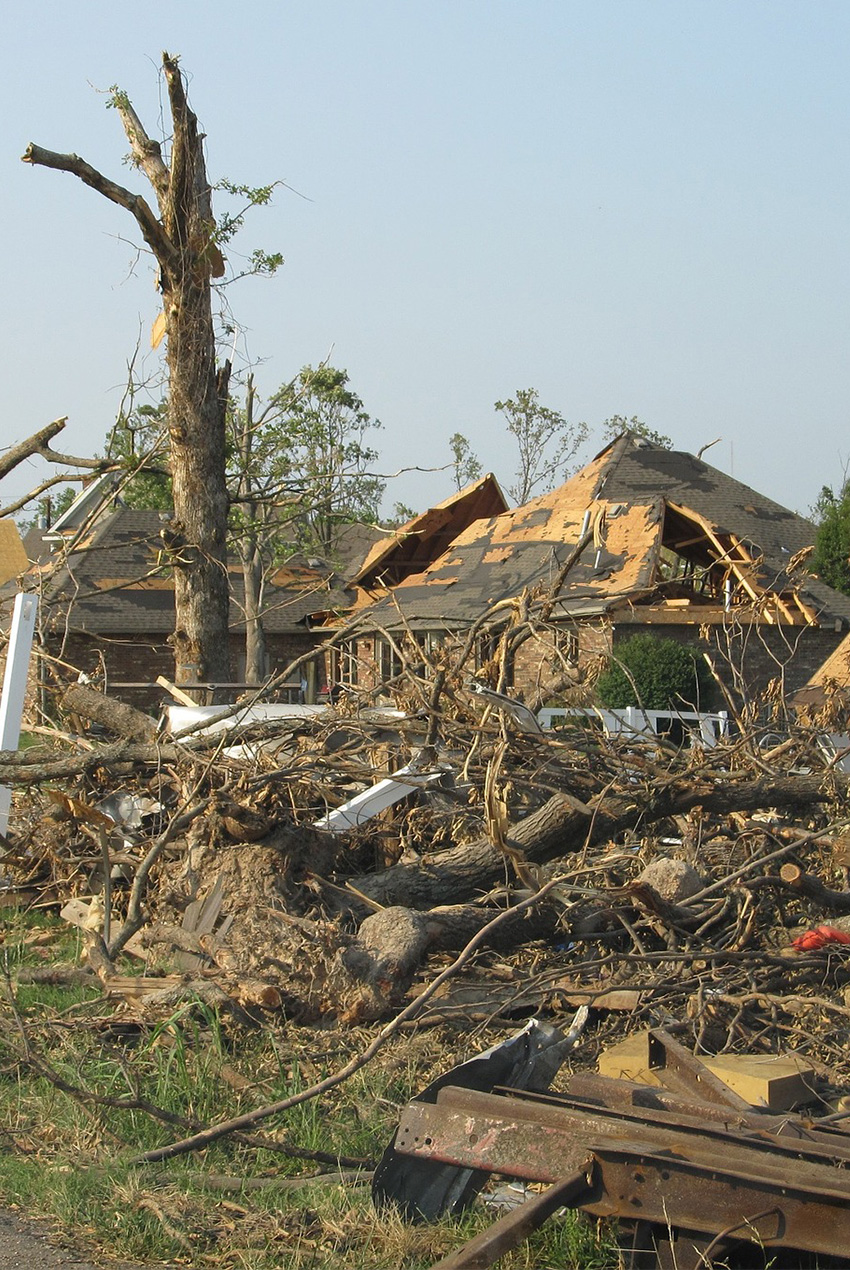MyKey Presents: Tips for Filing a Homeowners Insurance Claim Due to Tornado Damage
May 15, 2020We are on the cusp of tornado season in North America, and MyKey is here to ensure you navigate the claims process with the least amount of stress. You have your family to worry about more than anything.
Put your mind at ease though, the odds are overwhelmingly in your favor that you will never have to worry about your home being hit by a tornado. If fact, if you check out the statistics on BookOfOdds.com, you have a 1 in about 4.5 million chance of this occurring.
It always pays to be prepared though, and as the leading provider of insurance temporary housing services in North America, here is our professional advice on navigating the claims process should your home sustain damage at the hands of Mother Nature.
- Find a Safe Location for Your Family & Pets – More than anything, your safety is important. Find an immediate, safe location to evaluate your health and well-being. You will likely make better assessments and decisions away from the scene of the damage. Additionally, there may be downed powerlines, exposed wiring and sharp debris at the damage site.
_ - Understand Your Policy – This tip extends beyond just handling damage to your home. It is imperative that you understand what your policy does and does not cover in terms of full or partial repair coverage, personal belongings replacement, and reimbursement for out of pocket costs like living expenses.
_ - Document in Advance – We recommend taking photos or videos of your home, both interior and exterior, as well as all important personal belongings, at least annually to create a record of them in the event they are damaged. Keep this is a safe place like a fire-retardant lockbox or safe so you have them in the event of severe damage to your home or worse, a total loss.

- Assess Damage – Once it is safe, and before filing your insurance claim, do a complete assessment of both the inside and outside of your home. You’ll want to examine doors, windows, downspouts and the roof, as well as aluminum siding or painted surfaces, if applicable. Give your HVAC unit a thorough review as well. Make a list of all damages or missing items along with photo or video evidence.
_ - Contact Your Agent – With your list of damages in hand, contact your insurance agent about filing a claim. Be sure to make a log from this point forward of everyone you talk to, including name, title, date, what was discussed, and any commitments or open issues from those conversations.
_ - Prevent Ongoing Damage – If you have a hole in your roof or some other such damage that could potentially allow the elements to further damage your home, take the necessary precautions to address them. Simple temporary solutions include covering the hole with a tarp. Whatever you do, do not attempt unsafe repairs. Also, do not attempt to make permanent repairs as they may affect your claim.
_ - Keep Your Receipts – If you purchase anything related to the tornado affecting your home, from tarps to garbage bags, and including food and living expenditures due to being forced to move temporarily out, keep the receipts. You will need these to get reimbursed by your insurer.
_ - Work with Your Adjuster – Your insurance company will assign an adjuster to come out and assess your damages. Be sure to have your list of damages you made in Tip #4 ready so you can point out anything. Remember – the adjuster has likely never seen your home before, and in the event of a catastrophe, may be assessing multiple homes that day. Be helpful but not overbearing to them so they can quickly and completely assist you with getting your repairs going.
_ - To File or Not to File? – When you receive the adjuster report with the total cost to perform repairs, be sure to compare that cost against your deductible. If the repair cost and your deductible are within a range of one another, or perhaps the repair costs are less, you might consider not filing the claim. Consider the option of paying for repairs out of pocket in these circumstances as each claim filed can affect the rate you pay for insurance going forward.
MyKey is here to help demystify the claims experience and hopefully make it easier and stress-free. After all, that’s what we do every day for dozens of policyholders who are displaced from their homes and need temporary accommodations. We work with insurance agencies and policyholders both to make the Additional Living Expense (ALE) process simple and fast.
When you need a hotel for a few nights, a furnished apartment for a few months or a custom housing solution for an indeterminable amount of time, contact MyKey direct or tell your insurance provider, “I want to work with MyKey.”
For 24/7/365 Assistance:
Call 844-627-8759
Click info@mykey.com
Visit MyKey.com/Insurance-professionals


Recent Comments